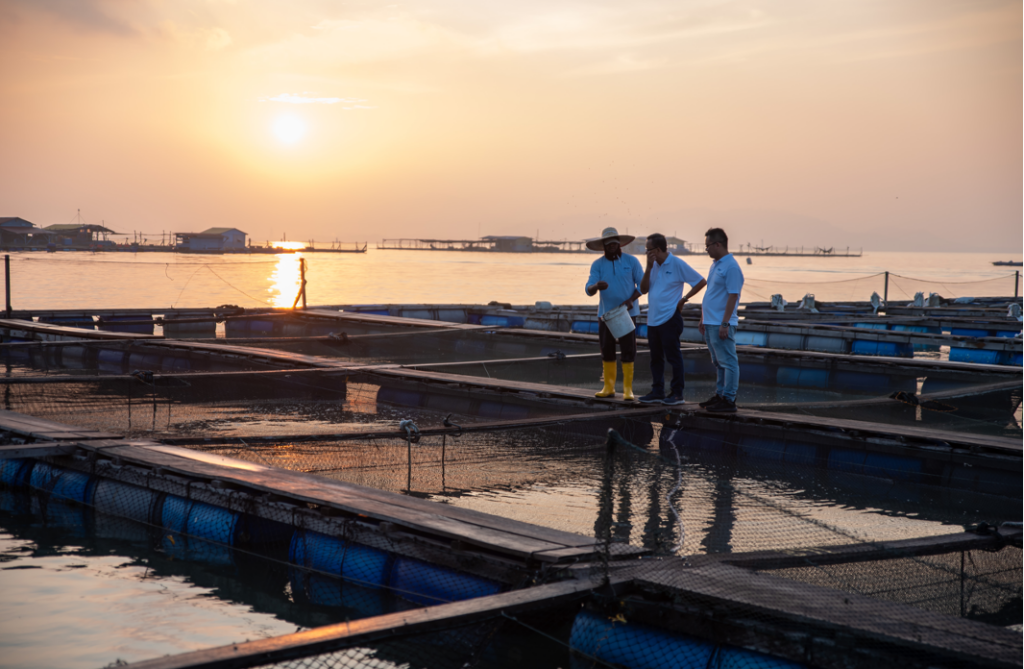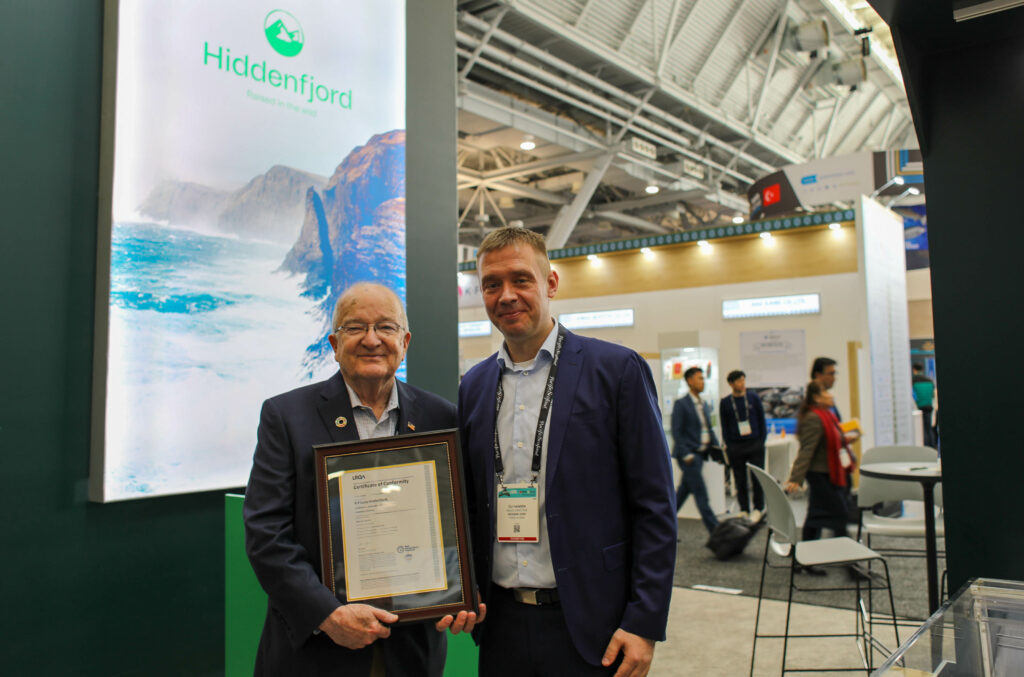BAP Auditor Training Course Set for Bangkok in June
The Best Aquaculture Practices’ (BAP) next auditor training course, scheduled for Bangkok, Thailand, from June 19 to 25, is filling up fast.
Space is limited. New auditor candidates, returning auditors requiring refresher training as well as industry observers — such as government officials, producers and others who wish to learn more about the BAP certification standards and auditing process — are encouraged to apply for the course soon before it fills up.
The registration deadline is June 3.
The course will cover the BAP seafood processing plant standards (Issue 4, Revision 2, December 2015); BAP finfish and crustacean farm standards (includes land-based aquaculture systems such as ponds, fresh/brackish water cage farms and marine cage farms); BAP salmon farm standards; BAP finfish, crustacean and mollusk hatchery and nursery standards; and BAP feed mill standards.
And, for the first time, the course will offer participants the opportunity to receive a Seafood HACCP Course Training Certificate authorized by the Seafood HACCP Alliance.
The course will be held at the Ambassador Hotel Bangkok, and a special room rate has been arranged for participants.
For detailed information about how to apply, competency requirements, fees and more, please click here.
Please follow the instructions carefully. Improper submittals will be rejected. Candidates are encouraged to apply as soon as possible as participants are admitted on a space-available basis. Payment for the course must be received in advance.
About BAP
A division of the Global Aquaculture Alliance, Best Aquaculture Practices is an international certification program based on achievable, science-based and continuously improved performance standards for the entire aquaculture supply chain — farms, hatcheries, processing plants and feed mills — that assure healthful foods produced through environmentally and socially responsible means. BAP certification is based on independent audits that evaluate compliance with the BAP standards developed by the Global Aquaculture Alliance.




